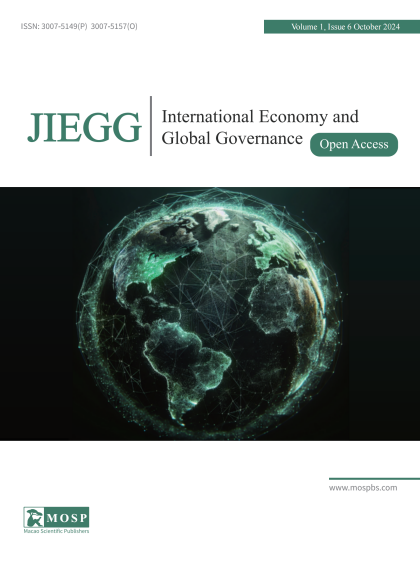Abstract
The European Union (EU) and Mercosur serve as representatives of regional economic integration organizations of the North and the South countries, respectively. The two regional organizations encompass dozens of countries and possess immense market potential. The scale of trade and investment between the EU and Mercosur has shown a steady growth trend, yielding fruitful outcomes in economic and trade cooperation. Based on the theory of neoliberal institutionalism, the economic and trade cooperation between the EU and Mercosur is the result of the convergence of three key factors: the internal variables, the international variables, and the variables of strategic interaction between regions. The internal variables stand as the fundamental element. The EU and Mercosur share similarities in their pursuit of “regional integration” and in the affirmation of their regional organization identities. “new regionalism” proposed by the EU aligns with the notion of “open regionalism” embraced by Mercosur, and both entities pursue a multilateral and pragmatic diplomatic approach. The international variables serve as the immediate impetus. The forces of globalization, economic integration, and global governance collaboration present opportunities for cooperation and development on both sides. Strategic interaction between regions lays the foundation. The legacy of colonial history endows both entities with akin bloodlines, a harmonious cultural context and an enduring economic and trade network. Moreover, the perpetually intensified strategic partnership supplies institutional underpinnings for collaborative economic and trade endeavors.
Keywords: European Union, Mercosur, Economic and Trade Cooperation, Internal and External Variables, Neoliberal Institutionalism
Download the full text PDF for viewing and using it according to the license of this paper.

